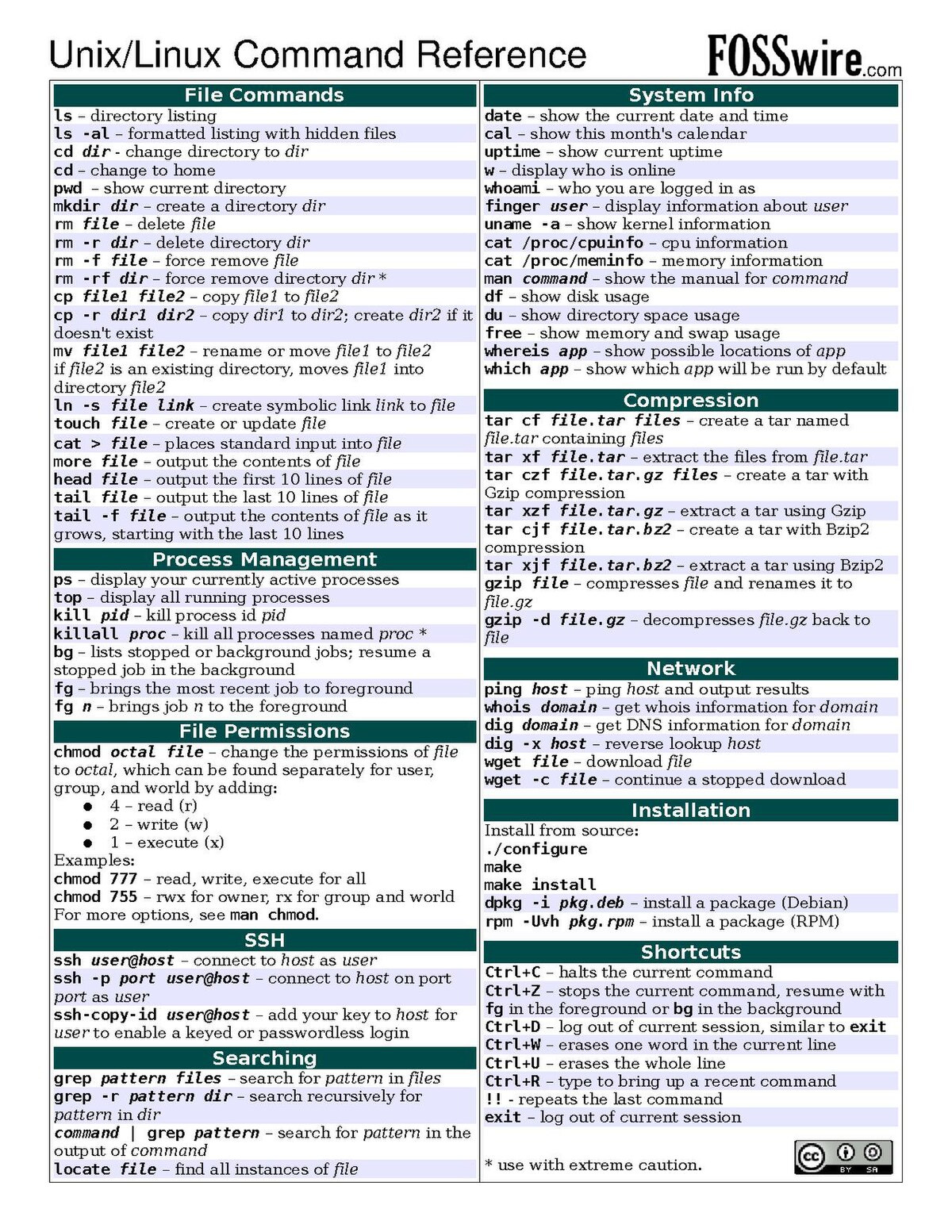Did you know that when negotiating, you always try to let the other side make the first offer? It’s obvious, makes intuitive sense and still, I didn’t apply it.
It’s one of these things that you might learn before having the ability to apply it.
What I mean is, there were a bunch of things, theoretical concepts, they taught me in school. And then once I got to apply them to a real-life situation, mostly many years later, I had completely forgotten them.
It’s only if you are reminded of it at the very moment you can apply it.
A gap between theory and practice
The good thing: often once you have applied it the first time, it sticks with you. I now try to always let the other side make the first offer when negotiating.
It’s burned into my brain. I guess our brain filters useful activities and only really saves the stuff that we have been able to use. Why store all these theories that we might never need?
There are many such examples that once you have applied to a real-life situation, become a normal part of your repertoire of skills. You're doing a sales call with a potential client and can’t stop talking about how great the product is. How about listening to the client instead and asking questions about the problem he is having?
Cooking has similar impacts. You can read cookbooks as much as you want, but you’ll only figure out how to cook a meal if you go and do it. Then you might read about this amazing new technique on how to make scrambled eggs, but if you don’t quickly apply it, it’s lost.
Or surfing. Just check out this guy to get a feel for how well surf-coaching theory might work.
Theory without the ability to apply it seems like such an inefficient way of learning and going about life.
What if you could just find out what the most important things about a specific new situation are and then immediately try them out? Seems better than reading a bunch of books or studying the field extensively, loading your brain with theories you don’t need.
Just-In-Time-Learning
In a recent conversation with ChatGPT, I learned something new:
Just-in-Time Learning is a strategy that focuses on learning material exactly when you need it, rather than trying to learn everything about a subject up front. The concept derives from "Just-in-Time Manufacturing", a methodology aimed at reducing flow times within production systems.
Back in 2005 when I started as a software developer, I remember using one of these amazing command references or cheat sheets as we called it:
Reflecting, I think cheat sheets apply the Just-In-Time-Learning concept perfectly.
Nobody tells you to memorize the whole thing. You print it out and leave it next to your computer until you needed it.
Over time, you memorise the most relevant things and eventually don’t need the cheat sheet any more.
Cheat Sheets
I’m wondering if this could be applied to other areas of life. Other new situations that you are facing.
Running Tokenomics DAO, I have a bunch of customer conversations and thought I could benefit from reading The Mom Test by Rob Fitzpatrick.
While reading, it makes a ton of sense, but I know that once I’m done and get to my first customer conversations, I will have lost most of the knowledge.
So obviously I did the most natural thing to do nowadays:
Here’s what it came up with. Doesn’t look half bad, does it?
Could use a bit of styling for sure, but I think I’ll pull this out next time I’m talking to a customer.
Not everyone will have the same learning style. Some might be perfectly fine reading through a textbook and applying it months later.
But for people like me, who completely fail at this task, a cheat sheet could be quite useful.
With today’s technology, it could be really easy to just generate a cheat sheet for whatever new thing you're trying to do. Negotiating, talking to customers, cooking an omelette - just surfing will be a bit tricky.
I’d be interested in hearing how others have approached this topic. I guess I’ll be sharing a few cheat sheets in the future.



